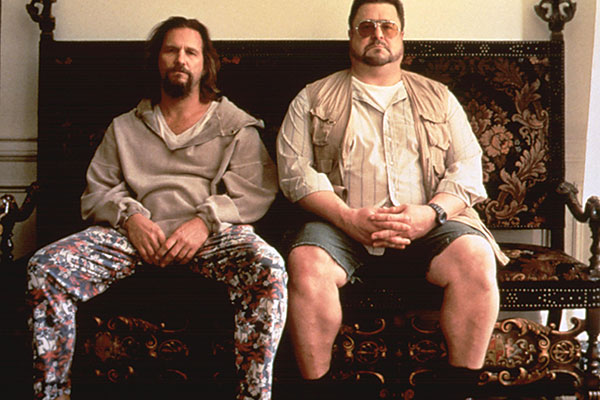*/

David Langwallner tends to your literary health: a personal prescription, with some aphoristic and aesthetic comment
We are all in varying degrees of lockdown, deeply worried about the sustainability and survivability of the profession and, more personally, of our good selves and our loved ones. In this crisis, we also worry about how to function in difficult if not incomprehensible times without abandoning our sense of professionalism and integrity. How to adapt and survive and provide an ethical and competent service remotely? Almost a contradiction in terms.
Let us not focus here on the awful particular and particulars to come. Our esteemed Chair with her customary sense of balance and rectitude has issued strong statements and positive suggestions about money, support, conduct of hearings, and health mental and otherwise.
Putting fawning aside, my mission here is to support this agenda in a different way. Japanese guidebooks to wisdom and simplicity and meditation help, as do turmeric and chili recipes. I have recently recommended to Chambers the splendid book Norwegian Wood: Chopping, Stacking, and Drying Wood the Scandinavian Way. You cannot cut wood in overcrowded conurbations and, with decamping like Wittgenstein to a wood on pain of potential arrest, how best to cope?
With restrictions and emergencies to come I suggest we read some books and texts, to use a fashionable vernacular. To supplement the advice of the Bar Elders this reading list for literary health for lawyers contains a personal selection of the popular and grand, serious and light. Films and music too.
The List
And a couple of bonus music tracks – the always-relaxing Glenn Gould Plays Bach or Bob Dylan’s Love Minus Zero.
Perhaps we could start a shared cultural competition to keep us occupied.

We are all in varying degrees of lockdown, deeply worried about the sustainability and survivability of the profession and, more personally, of our good selves and our loved ones. In this crisis, we also worry about how to function in difficult if not incomprehensible times without abandoning our sense of professionalism and integrity. How to adapt and survive and provide an ethical and competent service remotely? Almost a contradiction in terms.
Let us not focus here on the awful particular and particulars to come. Our esteemed Chair with her customary sense of balance and rectitude has issued strong statements and positive suggestions about money, support, conduct of hearings, and health mental and otherwise.
Putting fawning aside, my mission here is to support this agenda in a different way. Japanese guidebooks to wisdom and simplicity and meditation help, as do turmeric and chili recipes. I have recently recommended to Chambers the splendid book Norwegian Wood: Chopping, Stacking, and Drying Wood the Scandinavian Way. You cannot cut wood in overcrowded conurbations and, with decamping like Wittgenstein to a wood on pain of potential arrest, how best to cope?
With restrictions and emergencies to come I suggest we read some books and texts, to use a fashionable vernacular. To supplement the advice of the Bar Elders this reading list for literary health for lawyers contains a personal selection of the popular and grand, serious and light. Films and music too.
The List
And a couple of bonus music tracks – the always-relaxing Glenn Gould Plays Bach or Bob Dylan’s Love Minus Zero.
Perhaps we could start a shared cultural competition to keep us occupied.
David Langwallner tends to your literary health: a personal prescription, with some aphoristic and aesthetic comment


The Bar Council is ready to support a turn to the efficiencies that will make a difference
By Louise Crush of Westgate Wealth Management
Marie Law, Director of Toxicology at AlphaBiolabs, examines the latest ONS data on drug misuse and its implications for toxicology testing in family law cases
An interview with Rob Wagg, CEO of New Park Court Chambers
What meaningful steps can you take in 2026 to advance your legal career? asks Thomas Cowan of St Pauls Chambers
Marie Law, Director of Toxicology at AlphaBiolabs, explains why drugs may appear in test results, despite the donor denying use of them
The appointments of 96 new King’s Counsel (also known as silk) are announced today
Ready for the new way to do tax returns? David Southern KC continues his series explaining the impact on barristers. In part 2, a worked example shows the specific practicalities of adapting to the new system
Resolution of the criminal justice crisis does not lie in reheating old ideas that have been roundly rejected before, say Ed Vickers KC, Faras Baloch and Katie Bacon
With pupillage application season under way, Laura Wright reflects on her route to ‘tech barrister’ and offers advice for those aiming at a career at the Bar
Jury-less trial proposals threaten fairness, legitimacy and democracy without ending the backlog, writes Professor Cheryl Thomas KC (Hon), the UK’s leading expert on juries, judges and courts